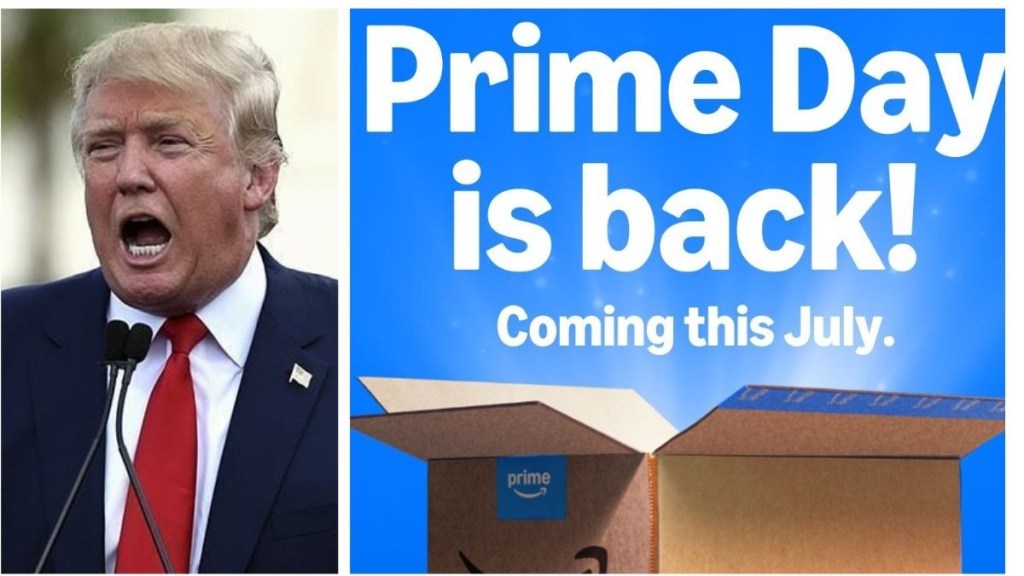As Amazon kicks off its extended four-day Prime Day event from July 8 to 11, American shoppers are navigating a landscape shaped by tariffs, inflation, and deep discounts. While some third-party sellers are sitting this one out due to rising costs, a new forecast suggests that consumers will still drive Prime Day spending to unprecedented levels.
Prime Day to hit $23.8 billion despite headwinds
According to a July 7 forecast by Adobe, consumers are expected to spend a record-breaking $23.8 billion during Prime Day 2025, marking a 28.4% year-over-year jump. That is $9.6 billion more than last year’s two-day event, which saw $14.2 billion in sales. The spike is fueled in part by the event’s longer duration, double that of last year, and by intense deal-hunting amid economic uncertainty. Adobe predicts that discounts will remain “historically high,” similar to last year’s markdowns.
Adobe’s analysis shows that US retailers, not just Amazon, are offering generous markdowns ranging from 10% to 24% off list prices. Apparel leads the pack with the steepest average discount of 24%, followed by electronics (22%), TVs (17%), appliances (16%), toys (15%), furniture (14%), computers (12%), and sporting goods (10%).
Tariffs shape shopping behaviour
Two recent surveys show that tariffs are top-of-mind for American consumers. In a 2025 summer spending report by Smarty, 32% of respondents said they are being more selective with their purchases due to budget concerns. Meanwhile, 25% said they plan to buy more now to avoid expected price hikes, and 23% are focusing on tariff-sensitive categories.
A separate survey by Akeneo, a retail software company, found that 57% of US shoppers say Trump tariffs are directly influencing their Prime Day plans. A quarter of respondents even said they would reduce or skip purchases altogether due to fears of future price surges, while 4% planned to shift their spending to other retailers. Not everyone is cashing in on Prime Day. Many third-party sellers, especially those who source goods from China are opting to skip this year’s event or reduce their offerings to protect their margins amid the US-China trade war.

